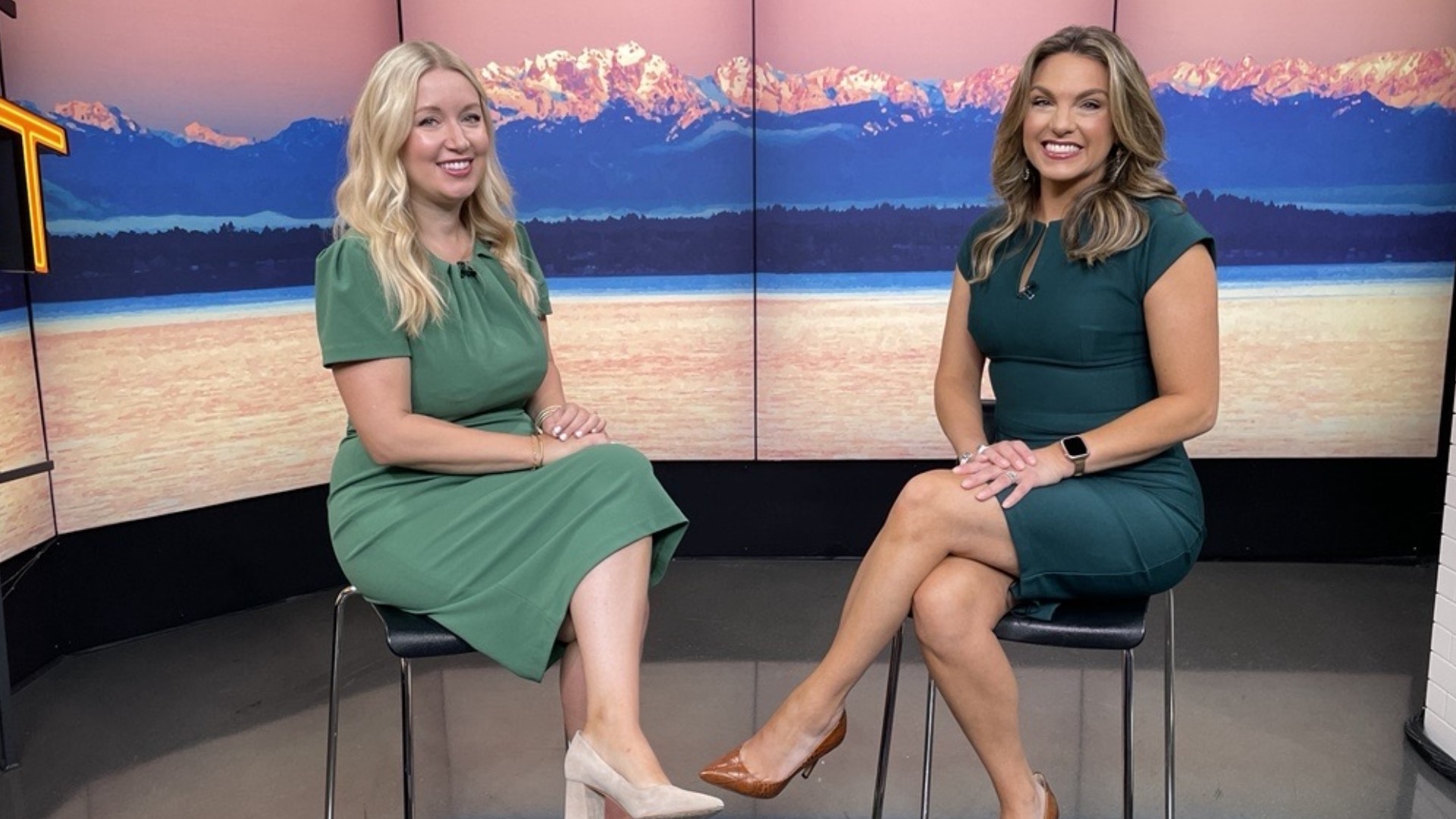With kids heading back to school in person this year, many parents are dedicated to making sure they’re prepared for the upcoming year.
Healthcare providers recommend boosters for kindergarteners, like measles, mumps and whooping cough, but they aren’t the only ones who may need shots.
“There are other groups of kids that we have to think about with vaccines that sometimes I think parents forget about,” Dr. Elizabeth Meade, medical director of education, outreach, and quality for pediatrics at Providence Swedish.
Around 11-12-year-old children may be due for things like tetanus boosters, HPV vaccines and vaccines to protect them from bacterial meningitis. Older teens will likely need a second meningitis dose.
It’s important to not only focus on physical health, but mental health too. Many kids feel anxious about the start of the new school year and the unknowns and changes that come along with it.
For parents of 4-6-year-olds:
- Practice the drive, bus routine, or walk to school ahead of time.
- If possible, play on the school’s playground before the start of the year to familiarize your child with it.
- Talk to another family you may know who has kids attending the same school. This can put your child at ease knowing they will see a familiar face.
For parents of pre-teens:
- Have open conversations that are respectful and fact-based.
- Discuss extracurricular activities and make sure that they are maintaining a solid level of activity and socialization.
- Help them find a mentor, like a trusted teacher, counselor or coach.
“This is the age where I think it’s really important to start talking with kids about things they might hear about, learn about at school that they potentially haven’t been exposed to before,” Dr. Meade said.
Transitions and changes for kids can be more difficult than usual this year because of how many things shifted during COVID.
“I think it’s just been really difficult for everyone,” Dr. Meade said. “We have to recognize their worlds are really small and they have been for the past couple of years.”
Feeling a variety of emotions and needing adjustment periods are normal for both parents and kids, but it’s important to watch out for signs of a larger issue.
“If you think your child’s anxiety is bigger than you think it ought to be, if that adjustment period is not really evening out or it’s really affecting everyday life, talk to your primary care provider.”
To make an appointment with a primary care physician, visit the Swedish website.
Segment Producer Suzie Wiley. Watch New Day Northwest at 11 a.m. weekdays on KING 5 and streaming live on KING5.com. Contact New Day.

